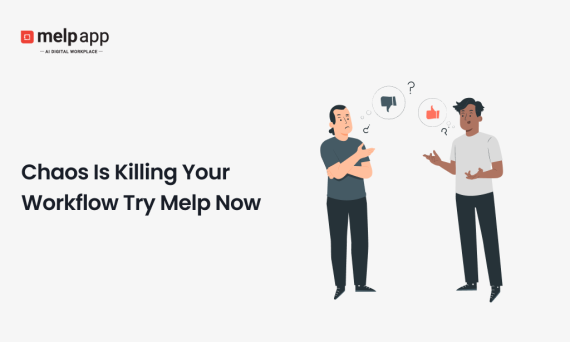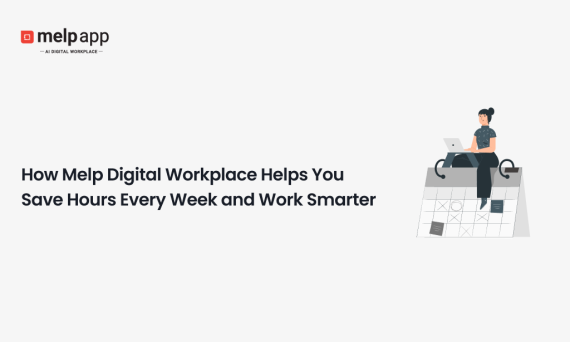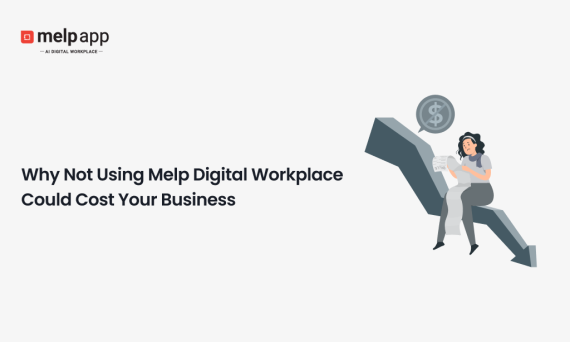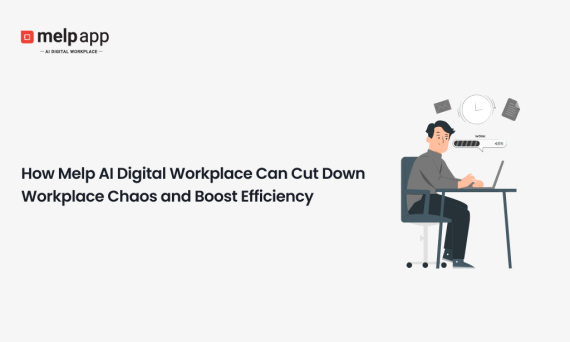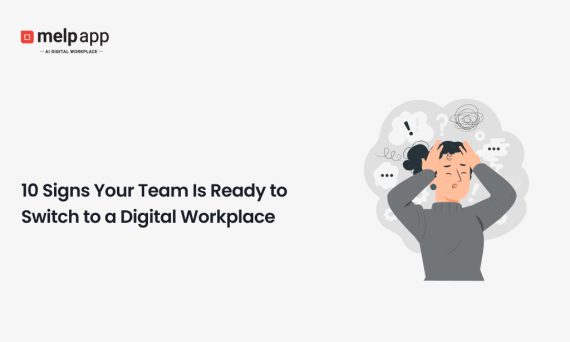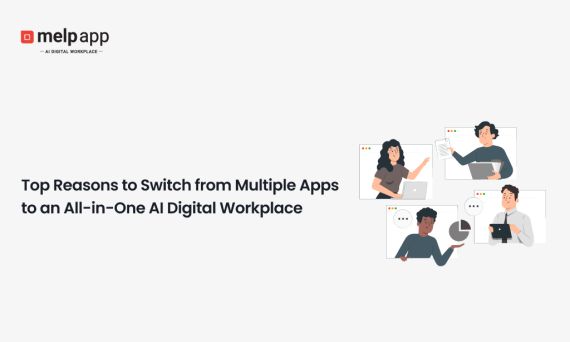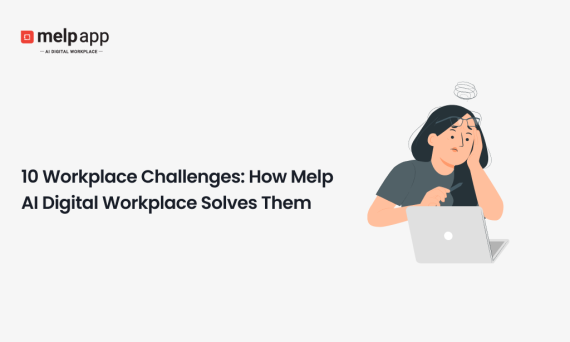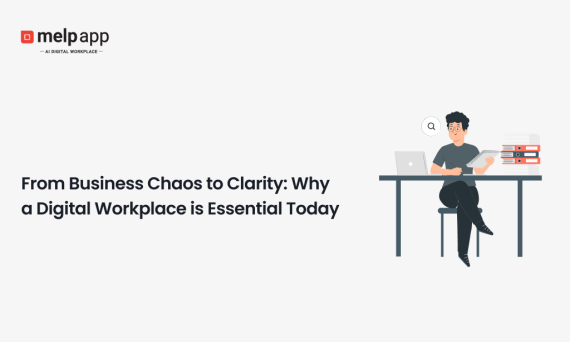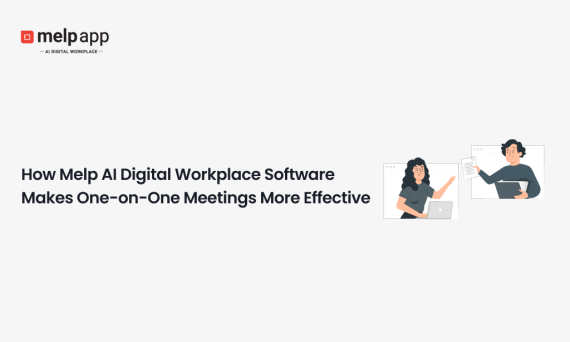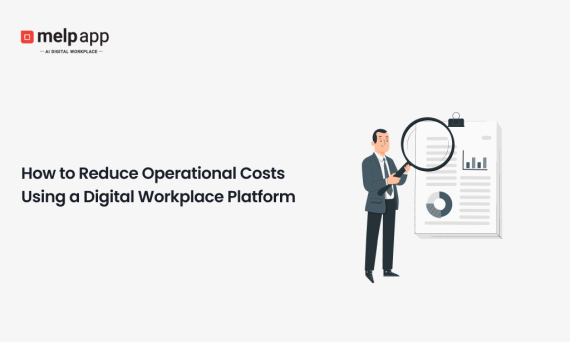Collaboration Tools & Digital Workplace
You know that feeling: you open your laptop, your inbox is a small apocalypse, Slack has 47 unread pings, you can’t find the document with the final numbers, and a meeting invite pops up about a project you thought was done. That’s not just a bad morning — it’s workflow chaos, and it’s quietly eating
Read More
Have you ever reached the end of the workday and wondered: “What did I even accomplish today?” You’ve been online for eight hours, your calendar looks like a puzzle of back-to-back meetings, and yet your real to-do list barely moved. The truth is, most professionals don’t lose time because their jobs are too hard —
Read More
Whether a company grows or falls behind often comes down to one factor: team efficiency. That’s why many organizations are adopting the Melp Digital Workplace to simplify communication, cut wasted time, and bring predictability to daily work. Still, some businesses hold back. And that hesitation comes at a price. The costs may not show up
Read More
Workplace chaos is rarely dramatic. It’s the tiny frictions that add up: a lost message, a meeting with no clear follow-up, a file someone can’t find three days before a deadline. Over weeks, those frictions become missed opportunities, burned-out people, and projects that creep past launch dates. Melp AI Digital Workplace helps teams stop reacting
Read More
Moving a team to a digital workplace is more than adopting new tools. It is a shift in how people communicate, how work flows, and how leaders measure progress. If you are wondering whether now is the right moment, here are ten concrete signals to watch for. These come from real teams I have worked
Read More
Introduction — too many apps, too little flow If your team juggles Slack for chat, Zoom for meetings, Google Drive for files, a separate wiki for policies, and yet another tool for tasks, you already know how messy work can feel. Every extra app is another tab, another login, another place where context gets lost.
Read More
Work isn’t what it used to be. Nobody’s sliding paper folders across a desk anymore. Now it’s Zoom links, random chat apps, endless notifications… some days it feels like work is just keeping up with work. Ever been in one of those calls where you’re nodding along, but deep down thinking, wait, what are we
Read More
It’s Monday morning at a busy office. The sales manager is frantically searching through a messy inbox, trying to find the latest proposal version. Down the hall, the operations team is busy working on what they think is the same document—except it’s a totally different draft. Then a client calls asking for an update. Nobody
Read More
Introduction In a fast-moving workplace, it is easy for leaders to lose the personal touch. Team meetings and group updates are useful, but they do not replace a focused one-on-one. That is the space where real conversations happen, where feedback lands, and where growth feels tangible. The challenge is practical. Many one-on-ones fall short because
Read More
Running a business isn’t just about cutting costs. A lot of money gets wasted when messages get lost, tasks pile up, or people juggle too many apps. It can get messy fast. A digital workplace platform helps by putting everything in one place. Work feels simpler. People can see what’s happening and help each other
Read More
